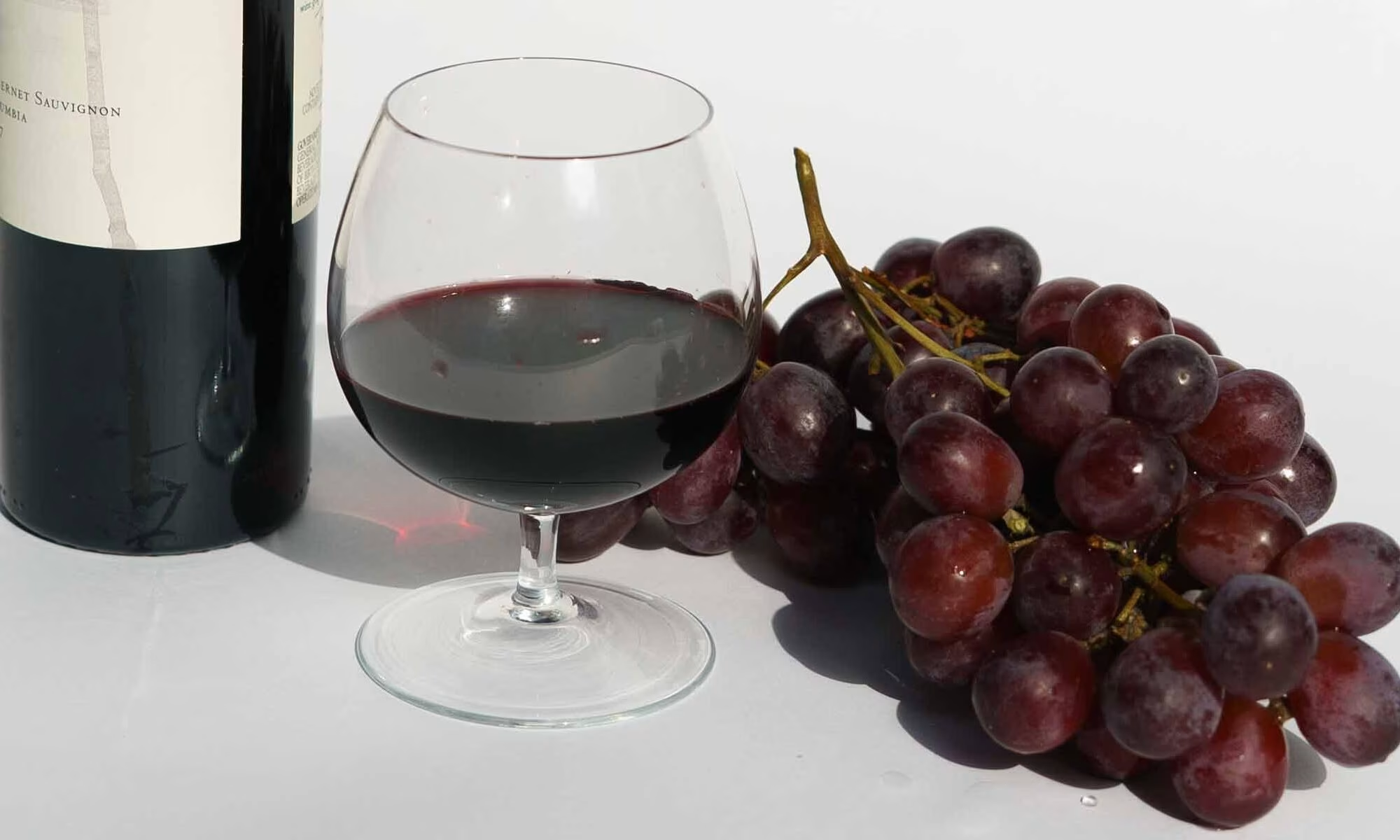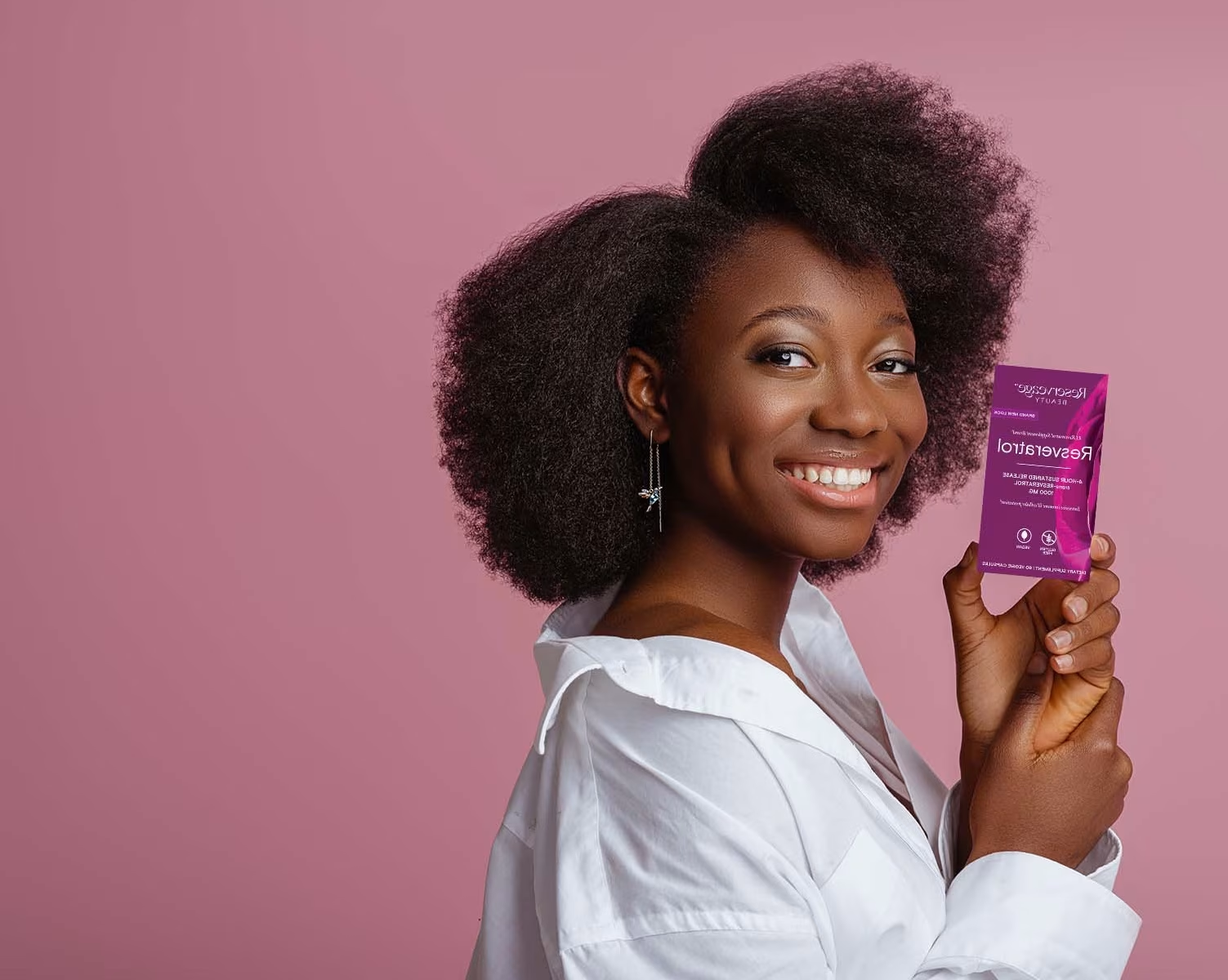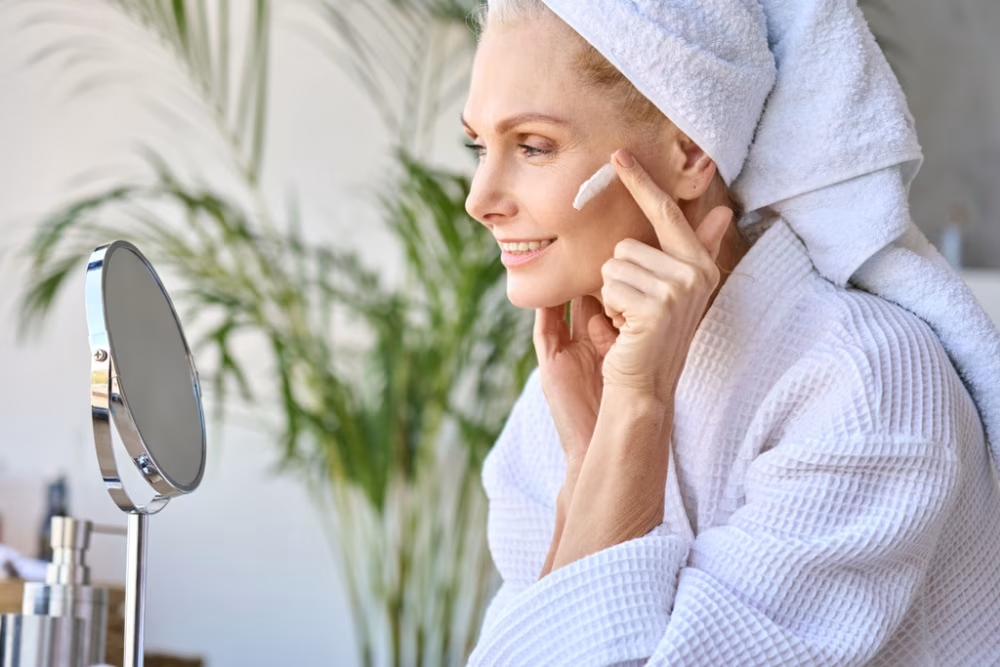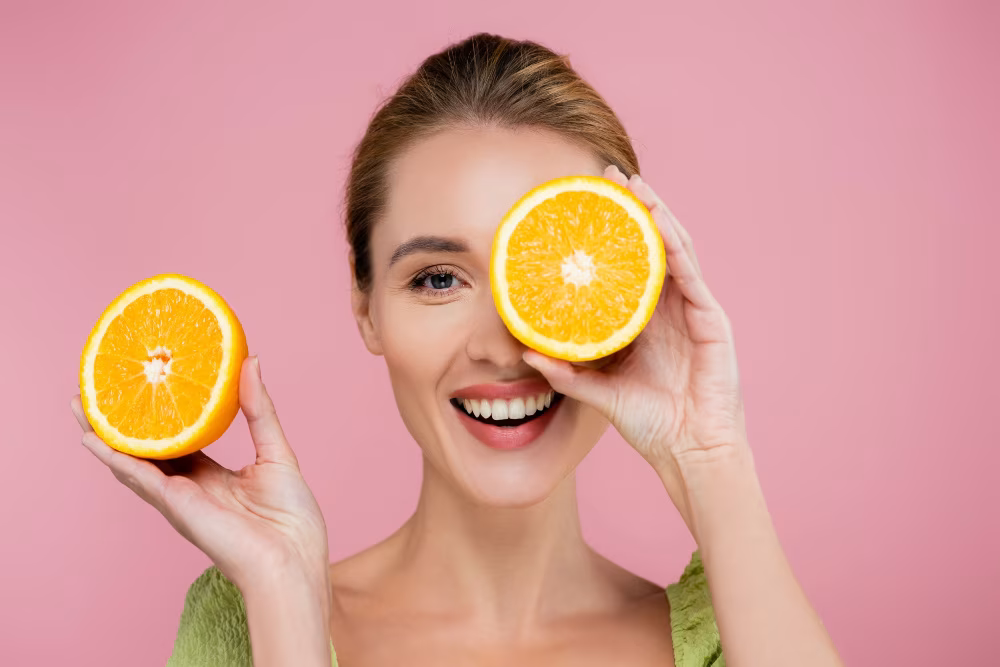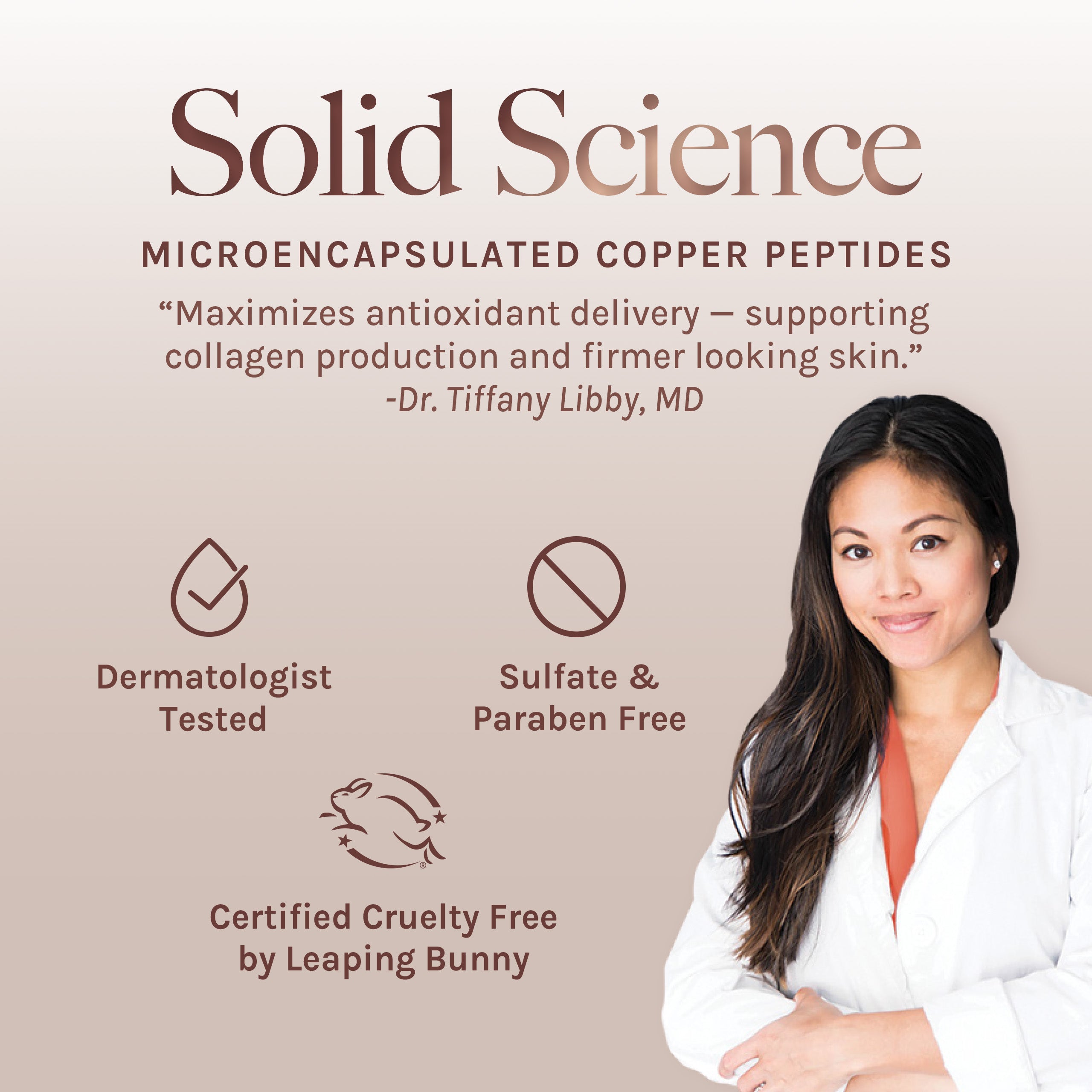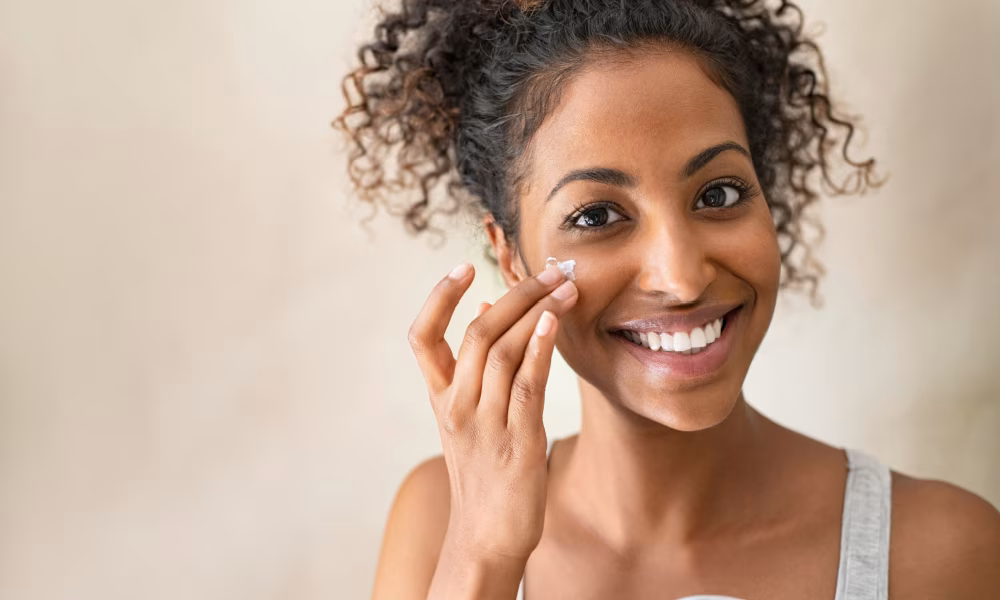Excitement for this nutraceutical was based upon the fact that consuming it and other polyphenol compounds from red wine may contribute to the “French paradox” — the unexpectedly high rate of cardiovascular health in the Mediterranean population despite the relatively higher intake of saturated fats. Subsequently, excitement grew with the knowledge that resveratrol is good for activating the SIRT 1 gene associated with longevity. Moreover, interest in resveratrol has expanded since human research has demonstrated its beneficial effects on other aspects of human life.
What is resveratrol?
Resveratrol is a natural phenol produced by several plants in response to injury or attack by pathogens. One of the reasons that resveratrol helps protect the plant is that it has demonstrated antioxidant properties.
Just a side note: if you’ve ever looked a resveratrol product label, you may be wondering, “what’s the difference between resveratrol and trans-resveratrol?” Here’s the answer: there are two primary isomers (i.e. two forms) of resveratrol, trans- and cis-. To be clear, trans-resveratrol has been unequivocally shown to have much greater activity than cis-resveratrol. So when buying a resveratrol product, make sure to verify that it contains trans-resveratrol. Don’t buy it if just “resveratrol” is listed. Although for the remainder of this article, you can assume that I’m talking about trans-resveratrol, although I’ll only state “resveratrol.”
What are free radicals?
Oxygen is an element indispensable for life. When cells use oxygen to generate energy, free radicals are formed as a consequence. These by-products are generally reactive oxygen species (ROS) as well as reactive nitrogen species (RNS). At high concentrations, they generate oxidative stress, a deleterious process that can damage all cell structures. A body of evidence suggests that most of the degenerative diseases that afflict humanity have their origin in free radical reactions. If that’s too much to mentally digest, just think of free radicals as chemical buzz bombs that create damage to cells.
How do free radicals affect aging?
Free radicals react chemically with other molecules, causing oxidative damage. The free radical theory of aging describes free radical damage to macro-molecules such as lipids, proteins, and DNA, which may initiate changes that promote the aging process. Conversely, antioxidants produced by the body as well as antioxidants obtained from food or supplements act as free radical scavengers, preventing and repairing damages caused by ROS and RNS, and therefore may help prevent or slow down premature aging caused by free radicals—as well as help maintain good health in other systems of your body. Resveratrol is such an antioxidant.
What are the benefits of resveratrol?
The health benefits of using a resveratrol supplement are many! First, it is an excellent antioxidant against free radicals and has been shown to facilitate an increase in vitamin E — another powerful antioxidant. As mentioned previously, it also has great benefits in supporting cardiovascular health, promoting healthy circulation. Furthermore, research showed that 100mg/day of resveratrol promoted healthy, flexible arteries as well as healthy systolic blood pressure. Another human study which used a much higher dose (2-3 g) in older adults found that resveratrol not only improved vascular function more than placebo, but also increased the total sum of mitochondria — those parts of the cells that help to generate energy for our body!
In addition to this, resveratrol was shown to have anti-inflammatory effects with as little as 40mg/day.
